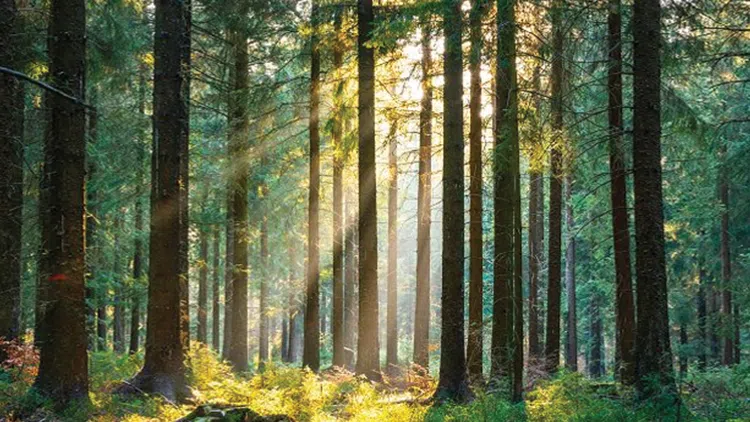Written by Carole Laible for ESG Clarity
October 21, 2022

The 2008 global financial crisis was a turning point. We saw in dramatic terms how important the stability of our overall financial system can be, how delicate the balance of that system is, how interconnected its parts are and how a disruption in one area can cascade throughout the whole. Something as simple as how housing was financed created a failure that impacted all asset classes, triggering a system-wide meltdown.
We live in a world of complex, interconnected systems – from our bodies, to our organizations, to our planet. These systems are composed of many elements whose behavior affects one another. Changes in one part of that system can disrupt others, and eventually the entire system.
At Domini, as we confronted the complexities of climate change, we realized just how important the stability of these environmental and societal systems are to us. When these systems are unstable, our investments can be exposed to non-diversifiable risks. As investors, we are well-served to pay attention to these systems’ potential risks and rewards.
In the following years, our understanding of the dynamics of these interrelated systems grew, as did our need to incorporate into our investment practice some form of risk management in this area. After several false starts, in 2018 we began to focus our risk management efforts in this area on forests as a multi-year and potentially multi-decade commitment.
Forests are a key but often underappreciated part of the climate change story. Globally, they are responsible for patterns of moisture and temperature that underlie the global climate system. Locally, we rely on forests for cooling, food, erosion prevention, clean water and habitat.
Once our forests reach a tipping point, the loss of them and related environmental services may be irreversible. Deforestation is a major source of carbon emissions, following coal and oil. If deforestation was a country, it would be among the largest emitters in the world.
We began by defining why deforestation is a systemic risk and a concern to investors that must be addressed for the health of our portfolios. The economy receives direct and indirect value from forests.
Following extensive background research, interviews and analysis to assess the root causes of these unsustainable dynamics, we developed system-level maps for forests as potentially either value-creating or value-destroying systems. We identified potential tipping-points that could tilt the system one way or the other. We then formalized our plans for ongoing action, including promoting awareness, developing metrics for measurement of success and increasing demand for forest-positive initiatives through government regulation and due diligences.
Throughout this process, we continued to learn. For example, we have expanded our definition of “forest” from intact forests, or those undisturbed by commercial activities, to planted forests, agricultural land and green spaces. We have also renewed our appreciation of the extent to which goals and measurements for success are necessary.
Over the years, we have learned that system-level investing is a mindset shift that can catalyze change. For forests, we now seek a new paradigm in which:
- corporations steward and enhance forests to enhance the long-term stability of their own operations,
- the financial system rewards those companies embracing sustainable forest practices, and
- investors recognize, account for and steward the value of forests in their portfolios.
Adopting a similar mindset and approach can help investors of all types when confronted with the most challenging systemic risks of our times, such as climate change, biodiversity loss, income inequality and poverty alleviation. These are not issues that can be addressed in a standalone framework but require a more systemic perspective if investors are to positively influence system dynamics and encourage positive outcomes for all.
Read more about our Forest Project.
